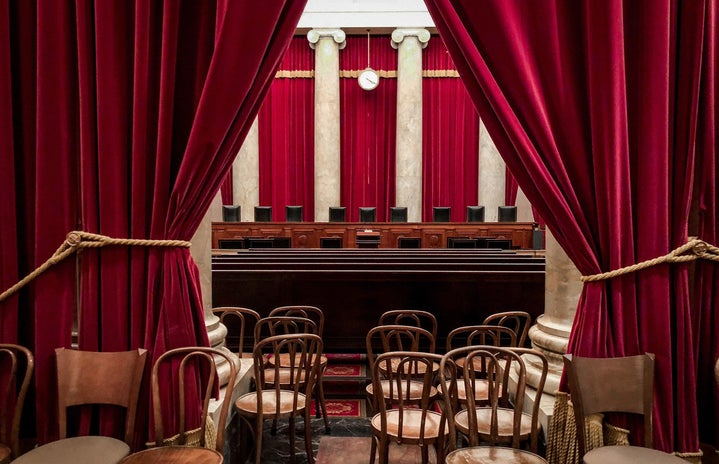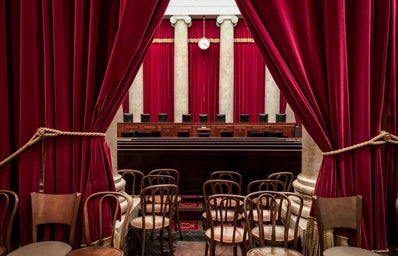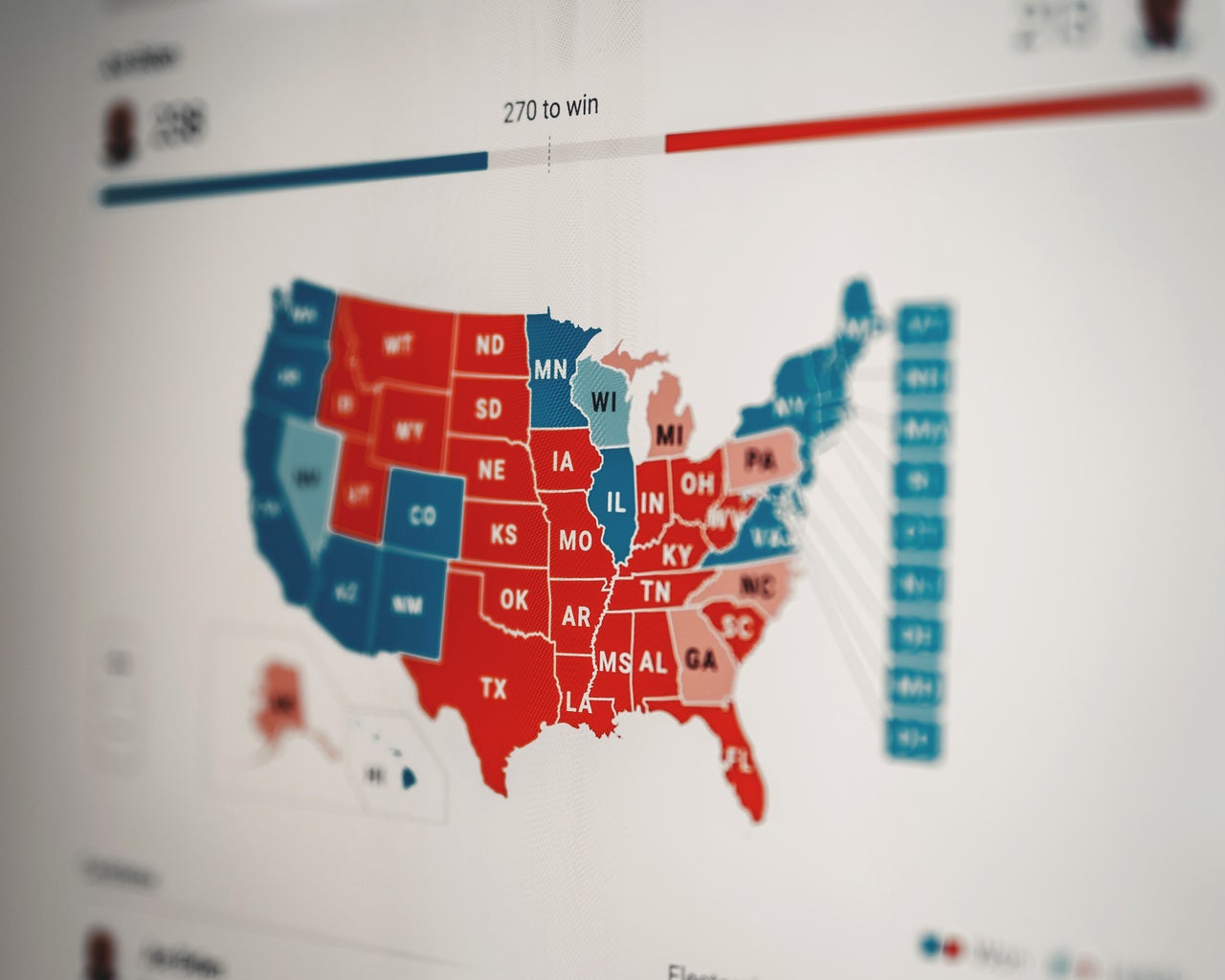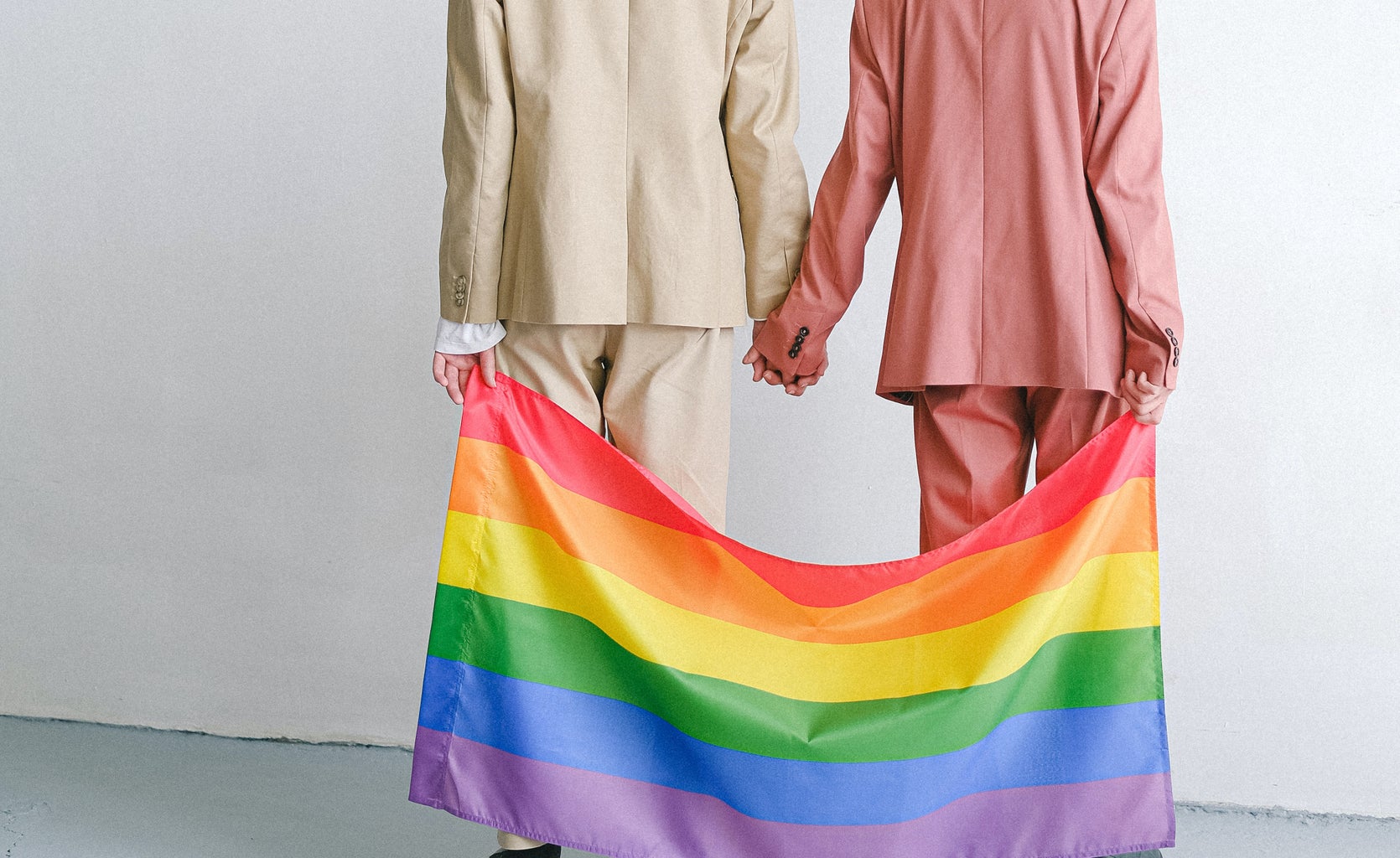As the Supreme Court of the United States goes into session again, get ready to hear all about the new cases (and decisions) that will affect laws and lives across the country.
1. Moore v. Harper
The Case: Moore v. Harper originated out of North Carolina, where the Republican-led state legislature submitted a heavily gerrymandered map that would give Republicans ten seats and Democrats four. Since federal courts do not hear gerrymandering cases, voters contested the map in state court, where it was struck down by the state’s supreme court. The state legislature submitted a second, also heavily gerrymandered map, leading the court to order a special master to create a fair map. Two Republican legislators then asked SCOTUS to step in.
The Argument: The Republican legislators are arguing that the independent state legislature theory gives the state legislature full rights to implement any map they see fit. According to the independent state legislature theory, the state legislature should have the authority to implement any laws or maps relating to elections, ignoring the typical ‘checks’ of state judges, governors, and constitution.
The Stakes: If the Republican legislators’ win the case, there would be new precedent affirming the independent state legislature theory, which would allow state legislatures across the country to implement their own laws. This could mean getting rid of vote-by-mail, early voting, and automatic voter registration.
2. Students for Fair Admissions Inc. v. President & Fellows of Harvard College
The Case: The organization, Students for Fair Admissions, is arguing that Harvard University discriminates against Asian American students in their holistic review of applications.
The Argument: Harvard is arguing that while race is a factor in admissions decisions, the process adheres to precedent under Grutter v. Bollinger, which was a SCOTUS decision that allowed race to be used as a factor so long as it was used with the goal of creating a diverse student body.
The Stakes: There are two arguments in the suit. One is whether Harvard, and in a related suit, the University of North Carolina, is discriminating against Asian-American applicants, overemphasizing race, etc. The other is whether race should be a factor in admissions decisions, also known as affirmative action. If the SFFA wins the case, SCOTUS would be ending affirmative action, which could potentially hurt the equity and/or diversity of college campuses across America.
3. 303 Creative LLC v. Elenis
The Case: Lorie Smith, the owner of a graphic design firm, wanted to include wedding websites in her business. However, she does not want to make wedding websites for homosexual couples due to religious reasons, so she wants to put a message on her website to explain that. The state she lives in, Colorado, has anti-discrimination laws that includes “publishing any communication that says or implies that an individual’s patronage is unwelcome because of a protected characteristic.” She decided to challenge the law in federal court.
The Argument: Smith argues under the 1st Amendment that she is “being forced to express tacit support for same-sex couples” because she cannot explain why she doesn’t want to create websites for homosexual weddings.
The Stakes: If SCOTUS rules in favor of Smith, it would allow people to post communication that they do not want to serve certain people, thus permitting discrimination against people of different sexual orientation.
So don’t forget to stay tuned to what will come out of the Supreme Court, and get your protest signs ready, because every decision is sure to be an interesting one.





